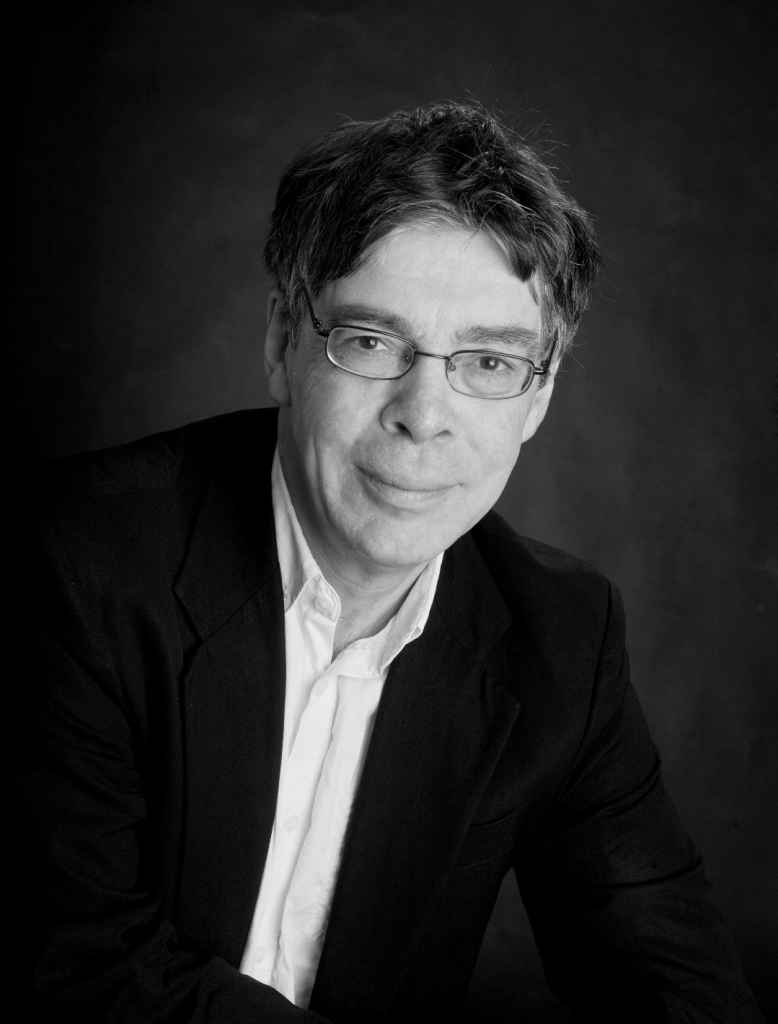
The Council of the ESHS is delighted to announce that Simon Schaffer has been awarded the Gustav Neuenschwander Prize for 2022.
The ESHS Council recognizes Professor Schaffer’s path-breaking, wide-ranging, and stimulating scholarship that has inspired successive generations of historians of science across the world to this day.
Following the GN Prize award ceremony, Professor Schaffer will deliver a plenary address at the ESHS Brussels 2022 Conference.
Simon Schaffer’s nomination highlighted:
His being one of the most influential historians of science of recent decades;
The extraordinary breadth of his research interests, which span three centuries, different locations in and beyond Europe, and extend across the physical sciences;
His co-authorship of Leviathan and the Air-Pump (1985), which broke new ground in the history of early modern experimentation and brought an innovative sociological perspective to bear on natural philosophical disputes.
His rich and wide-ranging scholarship that includes several classic articles with a major impact in our field and among different communities of historians of science;
His masterful involvement in public outreach projects, such as radio and television programmes, that has provided a critical perspective on popular science heroes and their achievements.
Following the GN Prize award ceremony, Professor Schaffer will deliver a plenary address at the ESHS 2022 Conference.
Simon Schaffer’s academic bio
Simon Schaffer was born in 1955. He received his first degree in the Natural Sciences Tripos, taking Part II in history and philosophy of science, from the University of Cambridge in 1975, studied for a master’s degree in history of science at Harvard University and completed a PhD at Cambridge with a thesis on Newtonian cosmology in 1980. He then held a research fellowship at St John’s College Cambridge and was employed as a lecturer in history of science at Imperial College London. In 1984 he was appointed to the Department of History and Philosophy of Science at the University of Cambridge, becoming a professor there in 2003.
Schaffer was a visiting professor at the University of California at Los Angeles and on several occasions an invited director of studies at the École des Hautes Études en Sciences Sociales in Paris. He was a trustee of the National Museum of Science and Industry between 2007 and 2011 and a Caird Medallist of the National Maritime Museum. In collaboration with Factum Arte (Madrid), Schaffer has also taken part in a number of museum and gallery initiatives in arts and sciences. In 2005, with Steven Shapin, he was awarded the Erasmus Prize and in 2013 the George Sarton medal of the History of Science Society. He has subsequently been awarded the Paul Bunge Prize of the German Chemical Society, the Dan David Prize, and the Wilkins-Bernal-Medawar Medal of the Royal Society of London.
Schaffer’s research has included the history of experimental philosophy, physical sciences and technical instrumentation between the seventeenth and nineteenth centuries, focusing on questions of labour, performance, measurement and discipline. He has studied the emergence and institutionalisation of standards across the physical science, the patterns of development of astronomy, and its forms of work and equipment. More recent inquiries have also attended to issues of empire and knowledge, and to the interactions between varieties of survey sciences and the cultures of colonialism. In 2004-9 he edited the British Journal for the History of Science and with Jim Secord is co-editor of the Cambridge University Press series Science in history. In 2010-15 Schaffer was principal investigator on a project supported by the Arts & Humanities Research Council on the British Board of Longitude, 1714-1828. In 2012 he became a fellow of the British Academy. Since 2019 he has been a co-investigator on a Leverhulme project on Making Climate Histories.